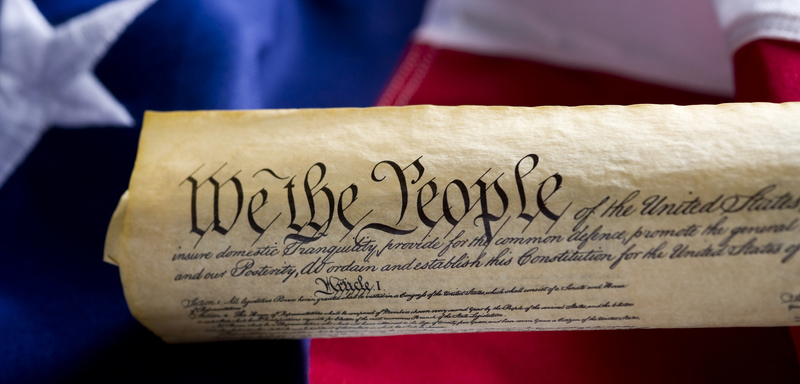
Open to all, whether you are graduating or not!
"What makes a nation strong?"
Now perhaps more than ever, the United States confronts questions about its strength as a nation and a world leader. Some point to crumbling bridges, failing schools, income inequality, the trade imbalance, the paralysis in Congress as signs that the U.S. is on the decline. Others are more optimistic. So what do you think makes a nation strong?
A strong economy and a strong military—these are among the most common answers. This year's WKCD Graduation Speech Contest challenges you to dig deeper—and speak of other factors that make a nation healthy.
Centuries of thinkers have offered their answers.
“To put the world in order, we must first put the nation in order; to put the nation in order, we must put the family in order; to put the family in order, we must cultivate our personal life; and to cultivate our personal life, we must first set our hearts right.” - Confucius
“It is impossible to rightly govern a nation without God and the Bible.” — George Washington
“You can tell the strength of a nation by the women behind its men.” — Benjamin Disraeli
“The life of a nation is secure only while the nation is honest, truthful, and virtuous." — Frederick Douglass
“The greatness of a nation and its moral progress can be judged by the way its animals are treated." — Mahatma Gandhi
"A love for tradition has never weakened a nation, indeed it has strengthened nations in their hour of peril." — Winston Churchill
"Remember, remember always that all of us, and you and I especially, are descended from immigrants and revolutionists." — Franklin D. Roosevelt
"The question is not whether we will be extremists, but what kind of extremists we will be... The nation and the world are in dire need of creative extremists.” — Martin Luther King, Jr.
What do you think makes a nation strong? Think hard, and then send us your answers in the form of a speech you'd like to give. As in the past, you don't have to be a graduating senior to enter the contest. Whether you are a senior or a freshman—or middle-schooler—we want to hear from you!
DEADLINE: Entries must be received via email by June 1, 2012. Winners will be announced in early June.
PRIZES: Each of the five winning entries will receive a $100 gift certificate from Amazon.com and their speeches will appear on www.whatkidscando.org. Honorable Mention speeches will also appear on the WKCD website.
GUIDELINES FOR SUBMISSION
Theme of your speech: “What Makes a Nation Strong” The best speeches will help us understand this theme from your perspective and experience—in language that brings your reflections to life.
Who can enter: Anyone from age 12 to 19, writing in English. (You don’t have to be an actual graduation speaker to submit your speech.)
Authorship: The speech must be your own work. Any words you include by someone else must be properly acknowledged.
Length: Your speech must consist of at least 300 words and no more than 500 words.
Format: Your speech must be typed. At the top of your speech, write:
- Your name, age, and grade in school
- Your school name and address
- Your email address and telephone contact number
- The name and contact information of one teacher at your school who can verify that the work is yours.
Permission to reprint: By submitting your speech, you agree that What Kids Can Do (WKCD) may publish all or part of your speech on its website and identify you as the writer.
Sending in your speech: Submit your speech by June 1, 2012, in one of two ways:
1. Copy and paste it into the body of an email message, then send it to gradspeech@whatkidscando.org
2. Attach your speech as a Word document to an email message, then send it to gradspeech@whatkidscando.org



